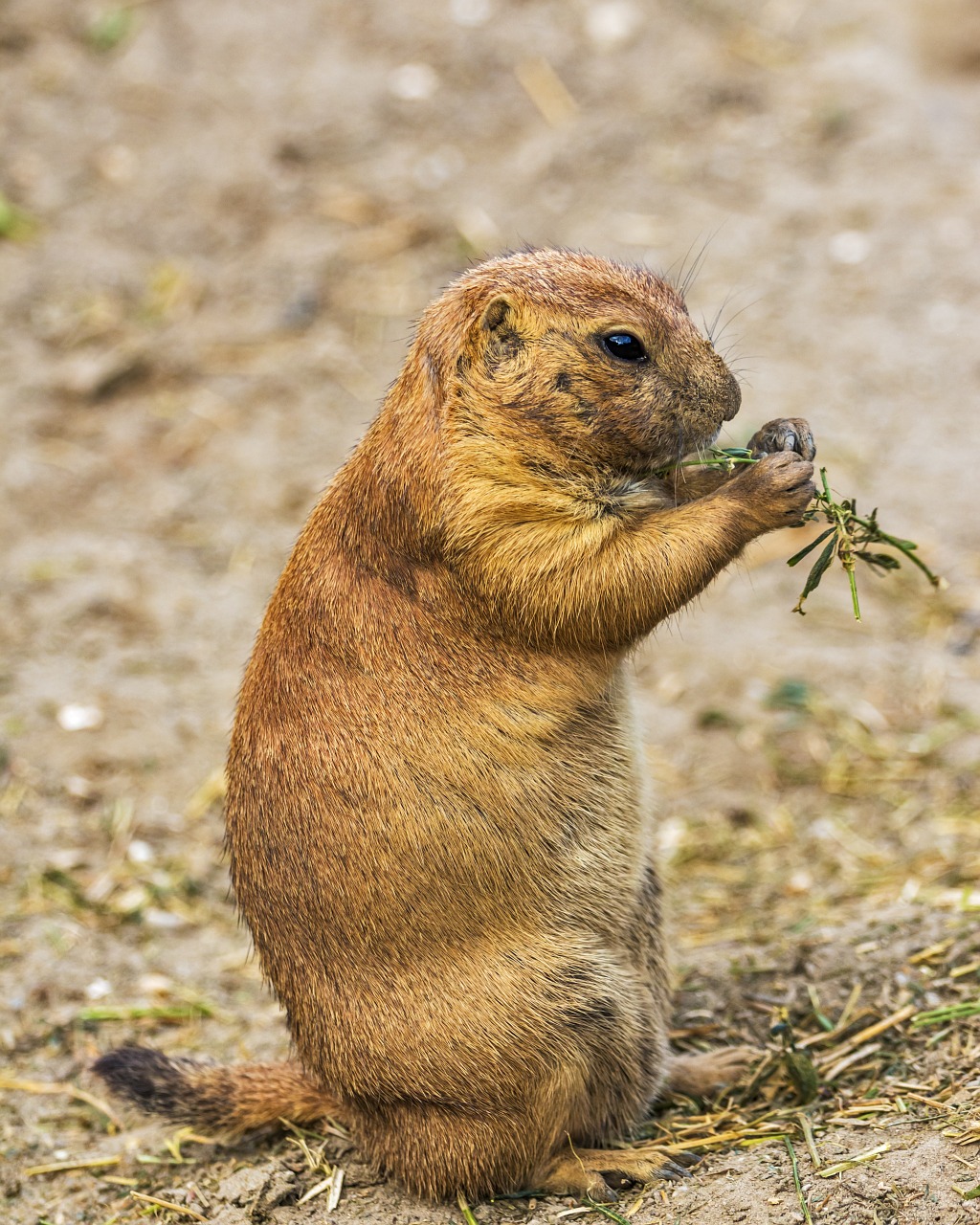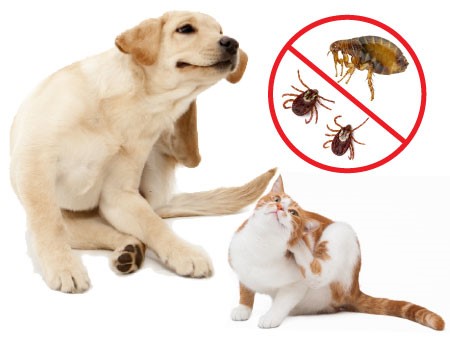What is plague?
Plague is a bacterial infection caused by the bacterium Yersinia pestis. Plague is found in many wild rodent species and their fleas. In the Middle Ages, plague was labeled "Black Death" as it swept through Europe killing millions of people. Today, improved sanitation practices and rodent control has reduced the threat.

How is plague transmitted and what are the symptoms?
You can become infected with plague through bites from infected fleas and through direct contact with animals infected with plague. Pets are also susceptible to plague. Typical symptoms include sudden fever and chills, severe headache, muscle aches, nausea, vomiting and a feeling of illness. A common symptom of plague is also swollen lymph nodes with pain.
How is plague treated?
Plague can be treated successfully with antibiotics if caught early. If treatment is delayed, complications or death may occur.
What can I do to protect myself and my pets?
- Eliminate places that rodents can hide and breed around your home, garage, shed or recreation area. Remove brush, rock piles, trash, and piles of lumber.
- Ensure homes and outbuildings are as rodent-proof as possible. Keep foundations in good repair.
- Avoid contact with dead animals. If you must handle sick or dead animals follow these guidelines. First, put on an insect repellant to protect yourself from fleas. Then use a long-handled shovel to place it in a garbage bag. Lastly, place the bag in an outdoor garbage can.
- Use insect repellent that contains 20%-30% DEET to prevent flea bites. Treat pants, socks, shoe tops, arms, and legs.
- Do not let pets sleep in bed with you.
- Treat dogs and cats for fleas regularly. Flea collars have not been proven effective.
- Do not allow pets to hunt or roam in rodent areas, such as prairie dog colonies. Keep pets leashed, or better yet, leave them at home.
- Keep pet food in rodent-proof containers.
- If pets become ill, take them to the veterinarian promptly.
If you notice a die-off of prairie dogs, please notify the Pueblo Department of Public Health and Environment at 719-583-4300 (option 8).

